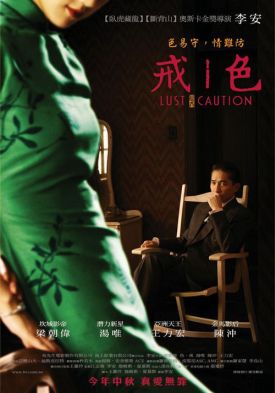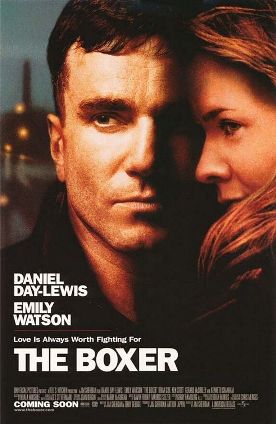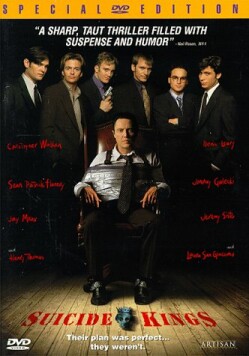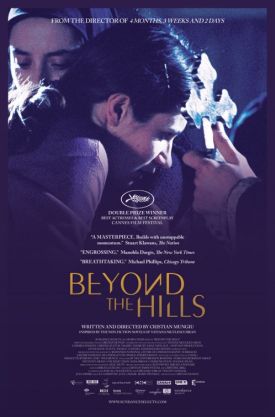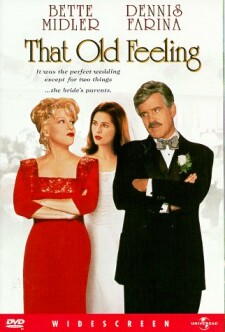Lust, Caution
There’s a wonderful poem about adultery called “Story of a Hotel Room” by the mysterious English poet, Rosemary Tonks, which ends like this:
. . . someone should have warned us
That without permanent intentions
You have absolutely no protection
— If the act is clean, authentic, sumptuous,
The concurring deep love of the heart
Follows the naked work, profoundly moved by it.
Miss Tonks disappeared from public view some 30 years ago. Some say she joined a fundamentalist Christian cult. But she left behind this rebuke to sexual “liberation” that, for our world, is the dirty secret sex used to be. Occasionally other artists give us a glimpse of it, but the last place we might expect to see one is at the movies — for which sex “without permanent intentions” has become the stock in trade. That’s why Lust, Caution (Se, jie), the superb new picture by Ang Lee, comes as such a shock. Based on a story by Eileen Chang and set in war-time Shanghai, it tells the story of a plot by some Chinese students to assassinate Mr Yee (Tony Leung), the head of the collaborationist government’s secret police, by setting a honey trap for him. But the bait, the beautiful Wong Chia Chi (Tang Wei), discovers too late that she herself has been caught in Miss Tonks’s trap.
It is a scenario of almost stunning audacity. The audience is required to sympathize with a vile murderer and tyrant who routinely and without compunction tortures and executes his fellow Chinese on behalf of the country’s Japanese occupiers. Moreover, the patriotic students who want to kill him come across as a bunch of pathetic amateurs and dreamers, easily manipulated by a sinister Communist agent as ruthless as Mr Yee himself. As if all that were not enough, most of the story is told in flashback. It begins as the students are finally about to spring their long-prepared trap on Mr Yee, takes them up to the point where Wong gives the coded signal, “It’s now” — and then takes us back four years to the origins of the plot among a group of freshmen at Hong Kong University. Some two and a half hours later, we finally get back to the point where we were in the first few minutes.
Even if the characters — apart from Wong — were more sympathetic than they are, you’d think that this was a sure way to lose the audience along the picture’s long, meandering way. I can’t remember the last time I sat through a nearly three-hour movie without resentful feelings that it was a good deal longer than it needed to be. Not Lust, Caution. Everything works triumphantly. Not only does the cinematic story-telling — almost a lost art in Hollywood these days — keep you on the edge of your seat throughout, but the atmospherics, to which latter-day Hollywood has got into the habit of sacrificing plot, character and plausibility, knock the spots off anything the dream factory has produced for ages. This is by far the best movie I have seen this year.
Worth a special mention in the category of atmospherics that also advance the plot are the sex scenes. These are another example of Mr Lee’s boldness, not only in incurring for his film the dreaded NC-17 rating, which automatically reduces its commercial potential, but also in daring the challenge of banality and triviality. I certainly wouldn’t have thought it was possible anymore to show on-screen sex that was not merely pornographic or clichéd or both, but Ang Lee’s two wonderful leading actors pull it off, along with their clothes and their inhibitions. Here at last is that hitherto undiscovered Holy Grail of erotic cinema, sexual imagery that really is artistically essential to the film’s serious purposes.
These include an exploration of the human heart and the very nature of human sexuality which has unspoken or understated political as well as spiritual ramifications, though the film never becomes either propagandistic or preachy. It transcends ideology — as, by the way, I thought Mr Lee’s previous film, Brokeback Mountain, did not — by making us see its irrelevance to the real well-springs of human action and feeling. As a meditation on power, and what it does to those who possess it, and on sex in relation to power and trust, I don’t know anything to beat it. It’s also a movie about acting, and how the parts we play in life end up determining who we are. Oh, and by the way, it’s also a great tragic love story to rank with the best the movies have ever produced.
Finally, mention should be made of Mr Lee’s fidelity to historical truth, both moral and material (at least so far as I can tell). If the story-telling in Lust, Caution seems nearly miraculous in its adherence to an almost-vanished standard of movie craftsmanship, the resolute refusal to impose upon the past the values and assumptions of the present seems to me at least equally astonishing. All this together produces an emotional logic as compelling as the narrative logic, and it’s bound up in a perfectly neat Chinese package with a lovely original score by Alexandre Desplat that is redolent of the romantic Hollywood movies of its period which are another of Wong’s guilty pleasures and a recurring motif. Don’t miss it on any account.
Discover more from James Bowman
Subscribe to get the latest posts to your email.

